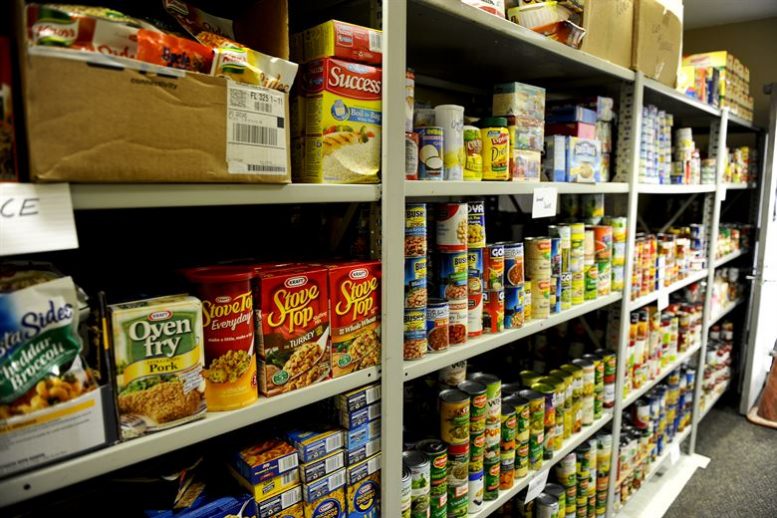Executive Director, Ohio Association of Foodbanks
For Ohio Capital Journal
Recently, the Ohio Senate General Government and Agency Review Committee recommended Senate Bill 165 to the full Senate for passage.
This legislation has made the rounds in the legislature before, and as anti-hunger advocates who know the critical importance of a strong nutrition safety net, we have continually raised concerns about how its implementation would hinder access to Supplemental Nutrition Assistance Program (SNAP) benefits and worsen hunger, all while wasting Ohio taxpayer money.
The bill would require that EBT cards (the cards used by low-income households to purchase groceries) include a photo of the head of household. LSC estimates this bill would cost more than $15 million in the first year and at least $1 million in each subsequent year. Supporters of this bill say that it would deter and prevent fraud in the SNAP program.
Yet, in practice, federal law prohibits retailers and cashiers from using photo EBT cards to decline purchases, even if the photo does not match the customer. What’s more, often the photo would not match the customer anyway, since a large number of SNAP households contain more than one individual that may purchase groceries.
Additionally, 17 other states have already considered this legislation and declined to implement it or removed it from their books after implementation has proven to be costly and ineffective. Only one state currently has the legislation on its book, and it exempts about 75 percent of its SNAP caseload from the requirement.
It’s also important that I point out, again, that SNAP has one of the lowest fraud rates of any federal program, and that rare instances of fraud that do exist usually rely on a complicit retailer operating in bad faith. The implementation of a photo EBT requirement would do nothing to deter those complicit retailers, but it would deter many low-income people from participating in this 100% federally funded program.
This bill does nothing to benefit needy Ohio families or Ohio taxpayers, and would likely have a chilling effect on marginalized people, including victims of domestic violence and homeless individuals.
All of that is to say that we know this legislation can’t actually prevent or deter fraud in practice, and that it’s not really designed to do so in principle. It’s simply a misdirected attack on vulnerable people.
That’s why we’re grateful that, prior to the holiday recess, Senate President Larry Obhof decided to send SB 165 back to committee for further consideration, rather than passing it out of the Senate. Yet Obhof has committed to bringing the bill back up for a vote, with or without changes.
We urge senators to become familiar with the track record for this legislation and learn from the mistakes made by other states in wasting taxpayer dollars on a futile and ineffective policy. We hope SB 165 doesn’t get a second chance for a vote in 2020.
Lisa Hamler-FugittLisa Hamler-Fugitt has served as executive director of the Ohio Association of Foodbanks since 2001. Lisa has researched, written, and secured over $200 million in grants from local, state, and national government sources and private foundations. As an organizer, she has worked to mobilize individuals and organizations around statewide campaigns and regional grassroots coalitions. As a trainer, she has worked with thousands of individuals and organizations on public policy issues, presented at numerous conferences and workshops, and authored more than a dozen publications to assist advocates. Previously, Lisa worked as the public policy director and statewide food and nutrition program coordinator for the Ohio Hunger Task Force.






